What if losing stubborn fat and healing your body didn’t require another tough workout or a strict diet? What if the secret was already inside you?
That’s the idea, Dr. Mindy Pelz, a leading nutrition expert, is all about. She believes, “Nobody cures you; you cure yourself.” She teaches that our bodies are amazing self-healing machines, always working to keep us healthy.
Dr. Pelz, a Doctor of Chiropractic and bestselling author of Fast Like a Girl, is a pioneer in the fasting movement. She’s spent years helping people regain their health by tapping into the body’s natural abilities.
In this article, you’ll learn how you can burn fat and heal your body by understanding a powerful process inside your cells. Plus, we’ll share the top six foods Dr. Pelz recommends to help boost your results.
Contents
- 1 What is Autophagy? Your Body’s Natural Cleanup Crew
- 2 How to Activate Autophagy with Fasting
- 3 Top 6 Foods to Boost Autophagy and Burn Fat Fast
- 3.1 1. Avocados: The Perfect Healthy Fat to Break a Fast
- 3.2 2. Cacao: The Delicious Autophagy Activator
- 3.3 3. Coffee: Your Morning Autophagy Boost
- 3.4 4. Green Tea: The Ancient Elixir for Cellular Health
- 3.5 5. Extra Virgin Olive Oil: Liquid Gold for Your Cells
- 3.6 6. Curcumin (from Turmeric): The Anti-Inflammatory Powerhouse
- 4 Putting It All Together: Your Action Plan
- 5 You Are Your Own Healer
What is Autophagy? Your Body’s Natural Cleanup Crew
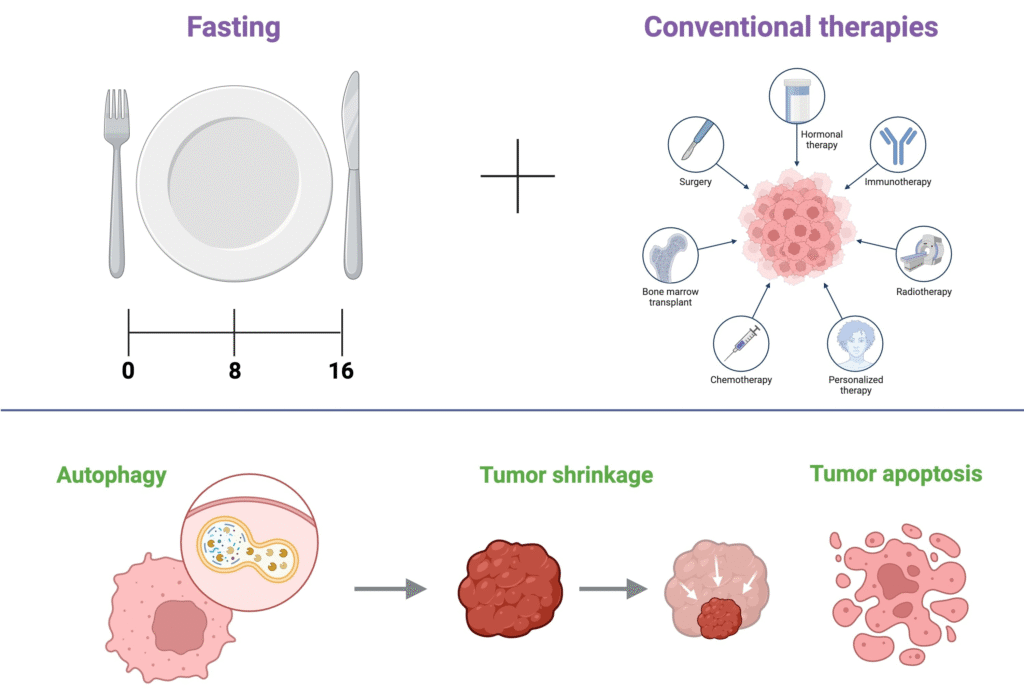
To heal from within, you first need to understand how your body’s built-in cleanup system works. The word “autophagy” comes from the Greek word for “self-eating,” but don’t worry, it’s not as scary as it sounds! In fact, it’s one of the best things for your health.
When you fast for a while, your cells get a break from processing food. During this time, they start cleaning up: getting rid of damaged parts like old proteins, viruses, and bacteria.
But it’s not just about throwing things away. The cells recycle those parts into new energy and building blocks, which helps strengthen your immune system, slow down aging, and improve your metabolism.
Activating autophagy is a key step to burning fat quickly and healing your body from the inside out.
How to Activate Autophagy with Fasting
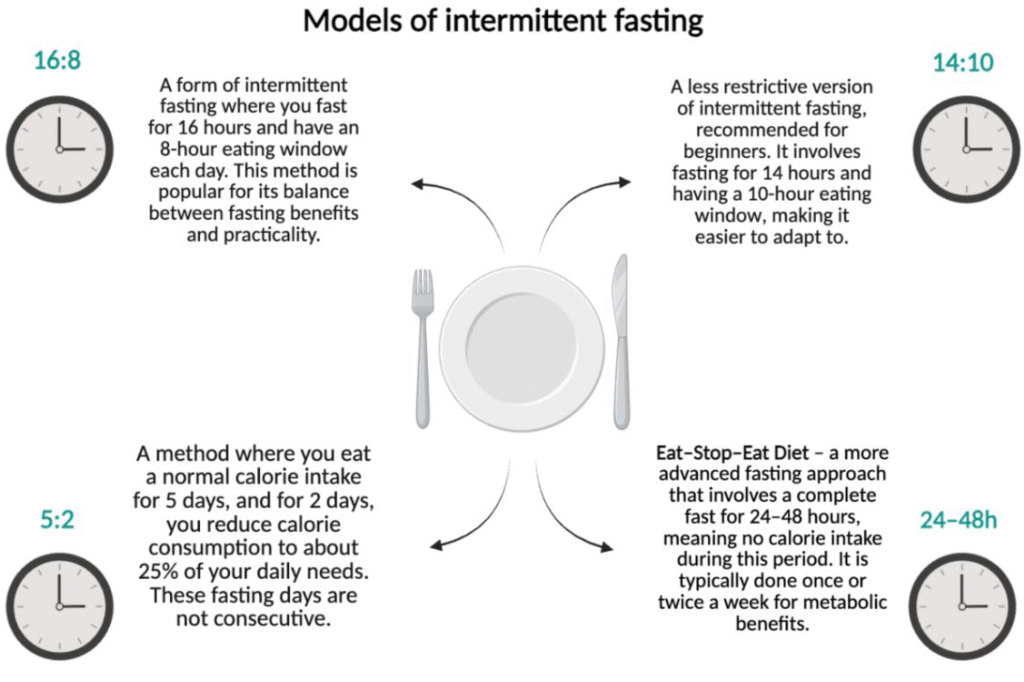
The best way to kickstart autophagy is through fasting. When you stop eating, your body undergoes some pretty incredible changes. Knowing the timeline can help you make the most of this natural process.
The Metabolic Shift into a Fasted State
After about 8 to 12 hours of fasting, your blood sugar drops. This tells your body to switch from burning sugar to burning stored fat for energy. By around 12 hours, your body starts producing ketones, molecules that fuel your brain, giving you mental clarity and reducing hunger.
Your Fasting Timeline: A Breakdown of Benefits
The benefits of fasting build over time. Here’s what happens in your body as you fast longer:
Fasting Duration
Key Biological Benefits
13-17 Hours
Growth hormone levels rise, helping to slow aging and burn fat. Cellular repair (autophagy) begins, and inflammation markers decrease.
24 Hours
The gut begins to reset. Intestinal stem cells are activated to help repair the gut lining, which is crucial for a healthy immune system.
36 Hours
The body starts targeting stubborn fat stores, particularly around the belly, for energy. This is a key window for significant fat loss.
48 Hours
The brain gets a dopamine reboot. This can help reset reward pathways, which may reduce cravings and improve mental health.
72 Hours
The immune system undergoes a major reset. Old, damaged immune cells are cleared out, and the body begins to generate new, healthy ones.
A Note on Fasting and Hormones
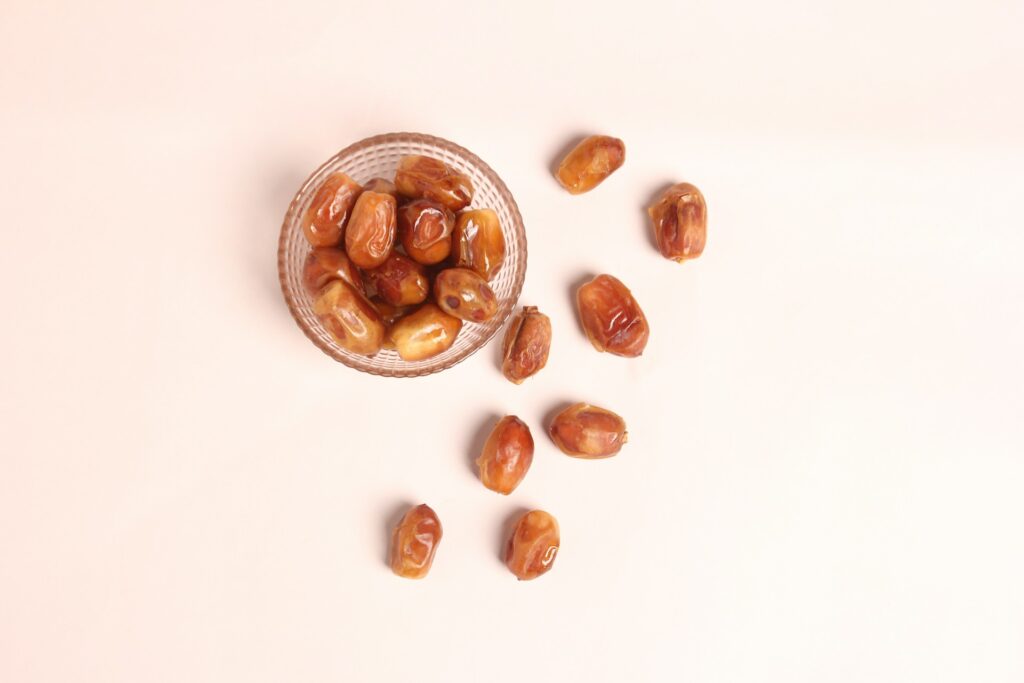
You’ve probably heard some bold claims about fasting and hormones, like how it can boost testosterone levels dramatically. But the reality is a bit more complex.
While fasting does affect hormones, research shows that prolonged fasting may actually lower testosterone in healthy, lean men. However, for men with obesity, fasting can improve insulin sensitivity, which may help balance testosterone levels over time.
There’s also some confusion around a popular breast cancer study from 2016. While many claim it shows fasting reduces cancer recurrence by 64%, the actual findings were a bit different.
The study found that women with early-stage breast cancer who fasted less than 13 hours a night had a 36% higher risk of recurrence compared to those fasting 13 hours or more.
Though the results are promising, the study had some limitations, including reliance on self-reported data.
Special Considerations for Women

Dr. Pelz stresses that women should take their hormonal cycles into account when fasting. Since fasting can be a healthy stressor on the body, it can affect reproductive hormones like progesterone and DHEA.
To keep hormones balanced, she recommends avoiding longer fasts during the week before your period (roughly days 21-28 of your cycle), when progesterone levels need to stay high.
Dr. Pelz’s Recommended Fasting Schedule
- 13-17 Hour Fast: Regularly, for metabolic health.
- 24-Hour Fast: Once a week, for general healing.
- 36-Hour Fast: Once a month, to accelerate weight loss.
- 48-Hour Fast: Once a quarter, for mental health benefits.
- 72-Hour Fast: Twice a year, for a full immune system reset.
Top 6 Foods to Boost Autophagy and Burn Fat Fast
Fasting is the best way to trigger autophagy, but what you eat when you break your fast is just as important. Some foods contain compounds that can supercharge this cleanup process.
Adding these foods to your routine will help you burn fat quickly and support your body’s healing even more. A key factor in many of these foods is their high levels of powerful plant compounds known as polyphenols.
1. Avocados: The Perfect Healthy Fat to Break a Fast
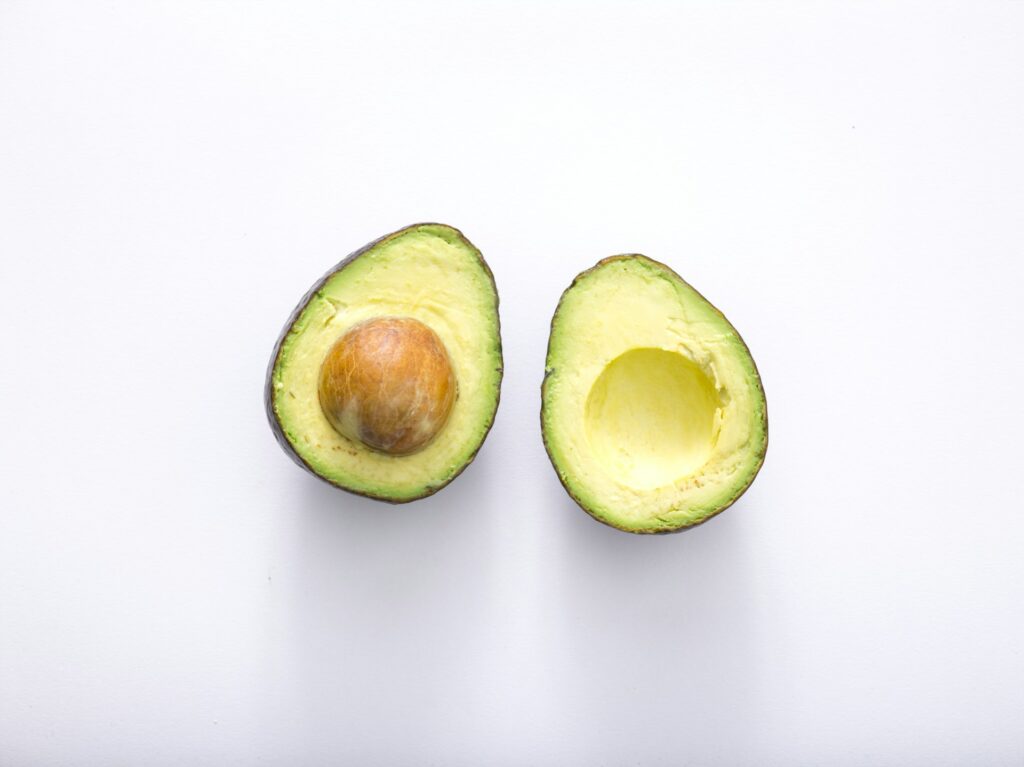
Avocados are a great choice for breaking your fast. They’re loaded with healthy monounsaturated fats and fiber, which help keep you full and satisfied. This helps curb hunger and prevents overeating after a fast. Plus, their low-carb content means you won’t experience a blood sugar spike, making it easier to ease back into eating.
Dr. Pelz’s Tip: Pair avocado with probiotic-rich foods like sauerkraut or kimchi to support your gut health.
2. Cacao: The Delicious Autophagy Activator
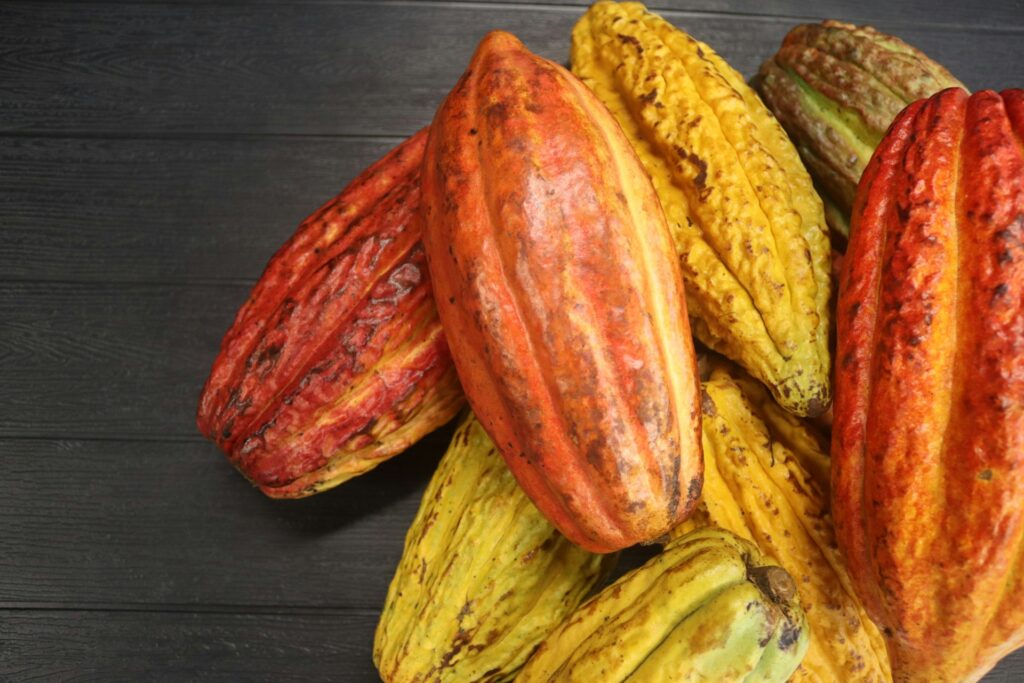
Believe it or not, high-quality chocolate can help your cells clean up! A 2009 study in the Journal of Agricultural Food Chemistry found that cacao’s phenolic-rich extracts triggered autophagy in liver cells. The polyphenols in cacao, like catechins, are the key players behind this effect.
Practical Advice: Skip the sugary candy bars and go for high-quality dark chocolate or raw cacao powder with 70% cacao or more. A good rule of thumb is to check the nutrition label. Premium cacao powder typically has around 1 gram of fat per 5-6-gram serving. Look for organic, minimally processed products to get the most benefits.
3. Coffee: Your Morning Autophagy Boost
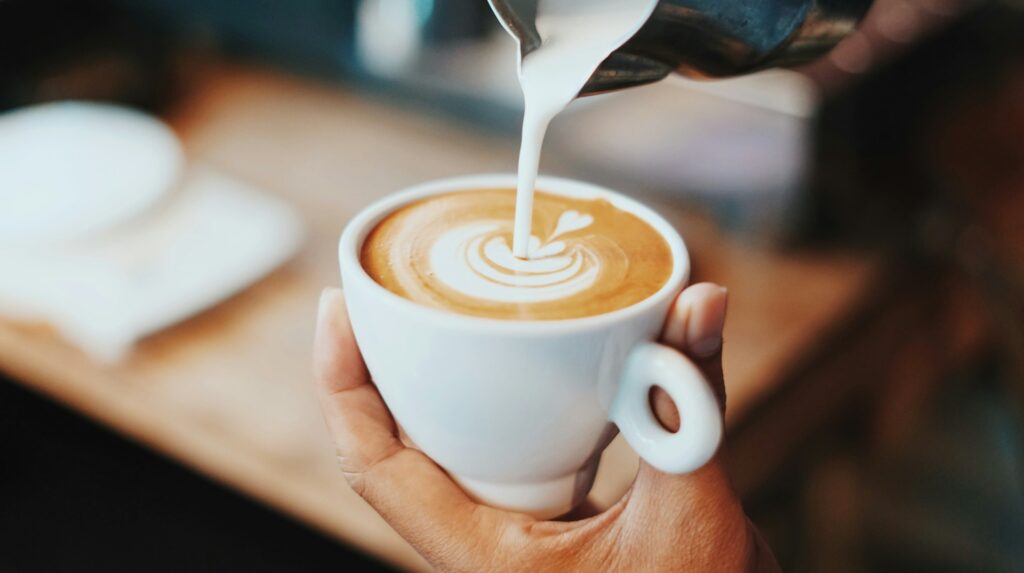
Your morning cup of coffee does more than just give you a caffeine kick. It can also activate autophagy!
A 2014 study found that both caffeinated and decaffeinated coffee quickly trigger autophagy in the liver, muscles, and heart. The magic comes from coffee’s polyphenols, which help block mTOR, a pathway that usually prevents autophagy.
Practical Advice: Whenever possible, go for organic, mold-free coffee beans. If you’re fasting, black coffee is totally fine. For an extra fat-burning boost, Dr. Pelz recommends adding MCT oil, which gives you energy without spiking your blood sugar.
4. Green Tea: The Ancient Elixir for Cellular Health

Green tea is a health powerhouse, and for good reason. A 2019 review in the Nutrients journal confirmed that it can trigger autophagy in any cell it touches, with powerful neuroprotective benefits. The secret ingredient is a polyphenol called EGCG (epigallocatechin-3-gallate), which helps activate key autophagy pathways in your cells.
Practical Advice: For the best green tea, opt for whole, unbroken leaves instead of the dusty bits found in many tea bags. Look for single-origin teas with a recent harvest date to ensure fresh flavor and maximum potency.
5. Extra Virgin Olive Oil: Liquid Gold for Your Cells

High-quality extra virgin olive oil (EVOO) is a must-have in a healthy diet. Packed with monounsaturated fats and powerful polyphenols like oleocanthal, it has strong anti-inflammatory effects. This helps create an environment where autophagy can do its job, making it easier for your body to repair itself.
Practical Advice: Not all olive oils are the same. Always go for “extra virgin” and “cold-pressed” oils, and choose ones that come in a dark glass bottle to protect them from light. Look for a harvest date to ensure freshness, and ideally, pick an oil from a single country of origin.
6. Curcumin (from Turmeric): The Anti-Inflammatory Powerhouse
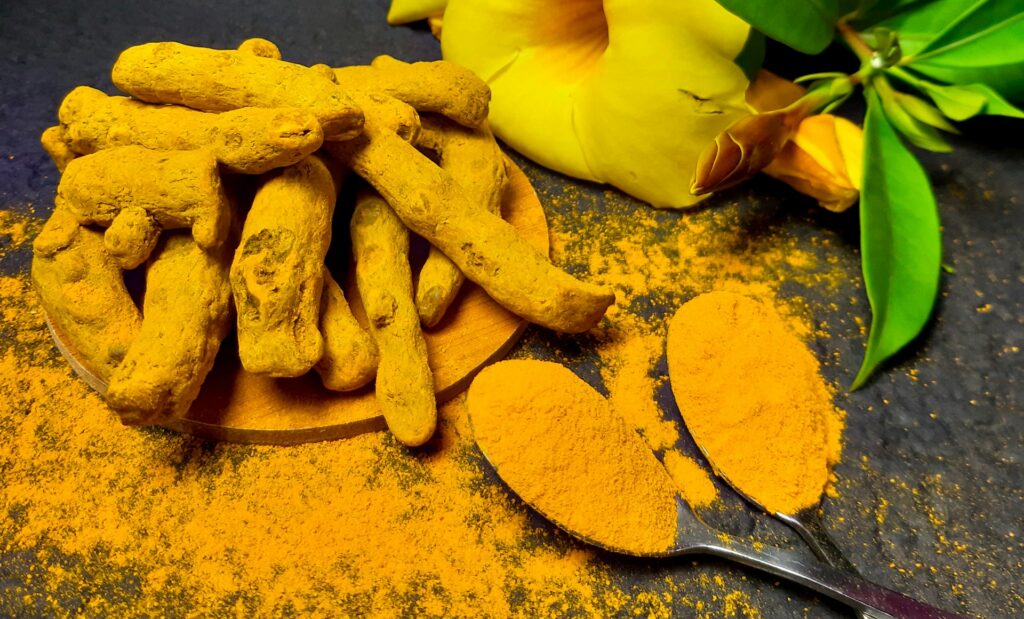
Curcumin, the vibrant yellow compound in turmeric, is known for its powerful healing properties. Research shows that curcumin can trigger autophagy in various cells, including pancreatic cells, by helping to regulate the mTOR pathway. Its strong anti-inflammatory effects also create a healthier environment for cellular repair.
Practical Advice: Curcumin isn’t easily absorbed by the body on its own. To maximize its benefits, always pair it with a pinch of black pepper. The piperine in black pepper can boost curcumin’s bioavailability by an amazing 2000%.
Putting It All Together: Your Action Plan

Now that you understand the science, it’s time to take action. Combining fasting with these powerful foods can lead to significant health improvements. To burn fat quickly and heal your body, it’s important to approach this lifestyle in a safe and strategic way.
How to Break Your Fast Safely
How you end your fast matters just as much as the fast itself. Jumping into a large, heavy meal can overload your digestive system.
Start Small: Begin with something light and easy to digest. A cup of bone broth is an excellent choice.
Prioritize Fats and Protein: Your first solid meal should focus on healthy fats and protein. An avocado, a few soft-boiled eggs, or a handful of nuts are great options. These foods provide sustained energy without spiking your blood sugar.
Introduce Carbs Slowly: Wait until your second or third meal to reintroduce complex carbohydrates from vegetables or whole grains.
Also Read: I Avoid These 5 Foods & My Body Feels 30 Years Younger, Says a Harvard Genetics Professor
General Safety Guidelines for Fasting
Fasting is a powerful tool, but it’s not for everyone.
Stay Hydrated: Drink plenty of water, black coffee, or herbal tea while fasting.
Listen to Your Body: If you start feeling dizzy, weak, or unwell, it’s okay to break your fast.
Consult a Professional: Always talk to your doctor before starting a new fasting routine, especially if you’re a child or teen under 18, pregnant or breastfeeding, have a history of eating disorders, or have a pre-existing medical condition like diabetes.
You Are Your Own Healer
The path to better health starts with realizing that your body has an amazing ability to heal itself. Autophagy is your body’s natural renewal system, and fasting is the best way to activate it.
By adding polyphenol-rich foods like avocado, cacao, coffee, green tea, olive oil, and turmeric to your routine, you can supercharge this process even more.
Remember Dr. Pelz’s empowering message: you are in control. Start small. Try a 13-hour overnight fast and break it with a simple, nourishing avocado. This small step could be the start of an incredible journey to burn fat and heal your body from the inside out.